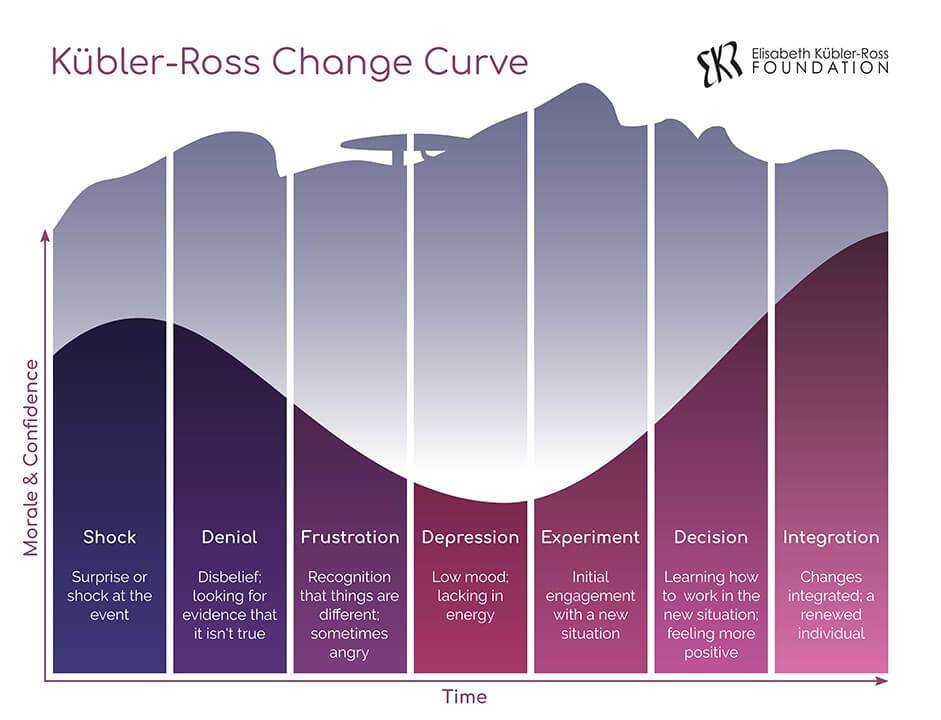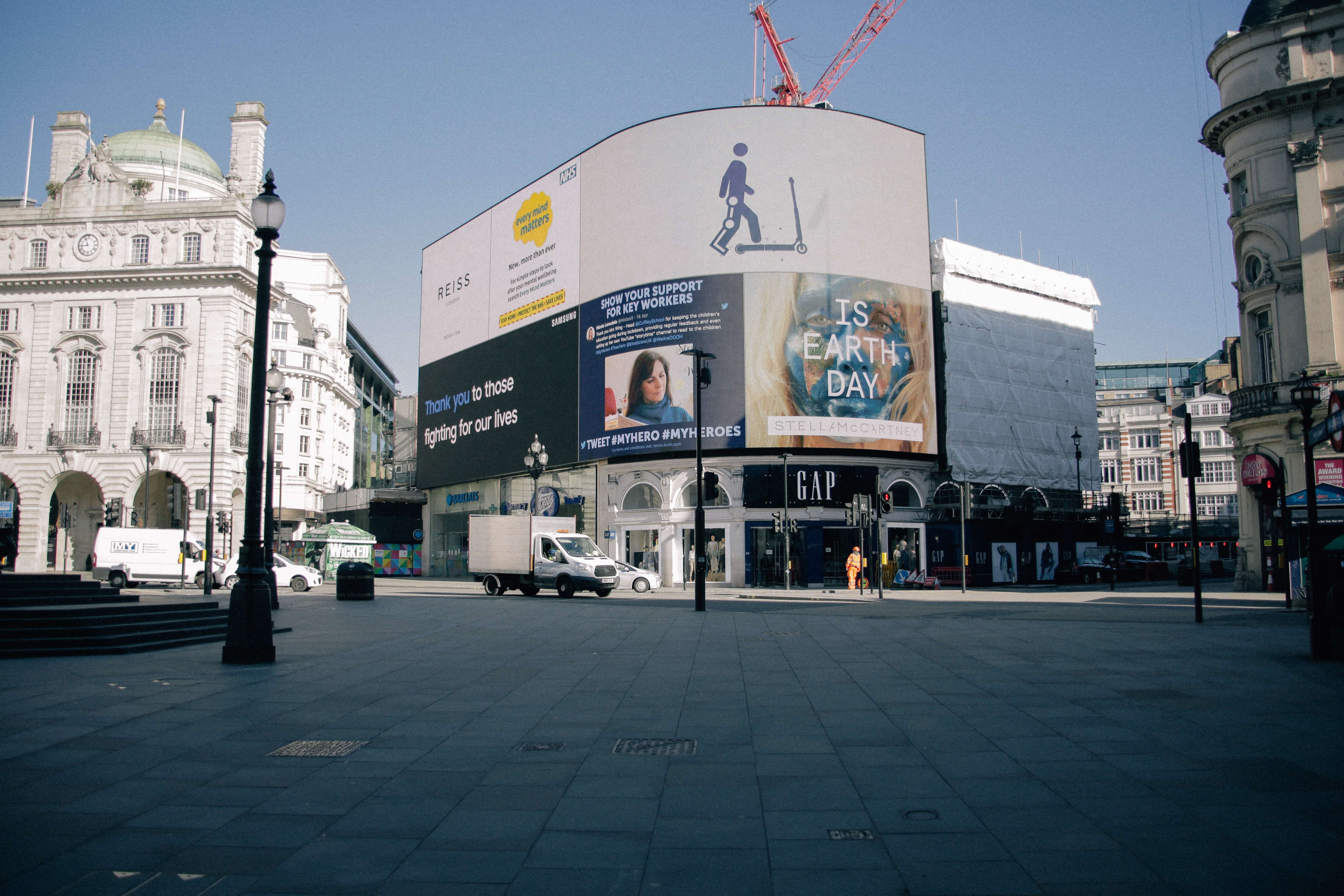23 April 2020
Events30 April 2020
Marketing StrategyOur UK MD Jennifer Calvey discusses how brands respond in a crisis say a lot about their companies and values.
"Acknowledging there has been a death of sorts"
It is hard in a global pandemic to know what to do. This is no less true for brands when self-isolation and the realities of COVID 19 were announced. Similar to the well-known Kübler-Ross Change Curve, processing what to do when there is suddenly a huge loss experienced, comes in stages. And is emotionally driven. At first there was shock. And most brands experienced a level of denial. Then onto frustration with processes, a low or lull of depression perhaps before transitioning into experimenting with resourceful compromises (that’s the bargaining bit) and eventual integration of a new normal.

Now we do not want to be fatalistic. We as strategists and discoverers and visionaries at One Picture love disruption, challenge and change. But acknowledging there has been a death of sorts – a death of previous business practices, mass conference gatherings and face to face dealings, whether we like it or not, we are met with a new reality. In the face of denial and anxiety, brands need to understand the emotional needs of their consumers and respond accordingly. When there is so much uncertainty, consumers seek out direction and authority – a clear and reassuring voice that talks to confidence, togetherness and solidarity.
"Transforming businesses overnight shows ingenuity and responsiveness that builds trust"
There have been some great examples of this in practice. Brands like BrewDog and Louis Vuitton responded almost immediately with agility, converting their manufacturing facilities into hand sanitizer factories. The ability to pivot and transform businesses overnight (from restaurants and cafes into takeaway offerings, from retail spaces to eCommerce led businesses) shows ingenuity and responsiveness that builds trust.
"In the face of uncertainty, gratitude can be a real force"
Other brands have shown a level of empathy by making their services readily available. Headspace providing free access to it’s services. Fitness classes, yoga sessions and wellness brands like Lululemon and More Yoga have responded with generosity, in the form of free classes. Prioritising and recognising the contribution of NHS and essential workers has also shown gratitude. In the face of uncertainty, gratitude can be a real force. Pret offers 50% off for #NHSHeroes, Nandos is offering 1700 free meals a day for key workers and even Alibaba’s founder, Jack Ma donated millions of masks and testing kits around the world. They are trying to say something about who they truly are and what they value.

Innovation has served engineering firms such as McClaren in showing a sense of solidarity by developing new technology and ventilators to help with managing the outbreaks. Even unlikely partnerships between rival brands like Sanofi and GSK to develop a vaccine more rapidly serve in their overall positioning and illustrate the role of creative and innovative thinking.
Practically speaking supermarkets have logistically enabled the vulnerable and those on the front line to have access first. In their utility they have provided a practical solution that shapes how they are widely viewed. Accessibility is fundamental to the operation of these businesses but exclusivity for certain customers and availability make the difference to the experience. Other brands like Netflix and Zoom have focused their attention of fostering a sense of community – using their technology platforms to bring people together and share in the experience of their product and brand. It is that version of togetherness that answers the emotive need of comfort for many in times of isolation.
"What stage of mourning is your business in?"
Depending on where you are in the world, you may be in a different stage of mourning but renewal is on the horizon. We are now thinking of recovery. Readjusting to a new normal that will not be the same as before. We may mourn and yearn for our previous existence but will evolve and change into the here and now. Understanding how the emotive needs of your customers has changed is paramount to future growth. There’s a real opportunity to reflect and redirect that could make all the difference when it comes to what you say and how consumers feel about you. That would say a lot about your brand.
Like this article?
If you'd like to hear more, subscribe to Frame or live chat to the team right here on this page. Why not say hi to Jennifer on LinkedIn too?





 Tags:
Tags: